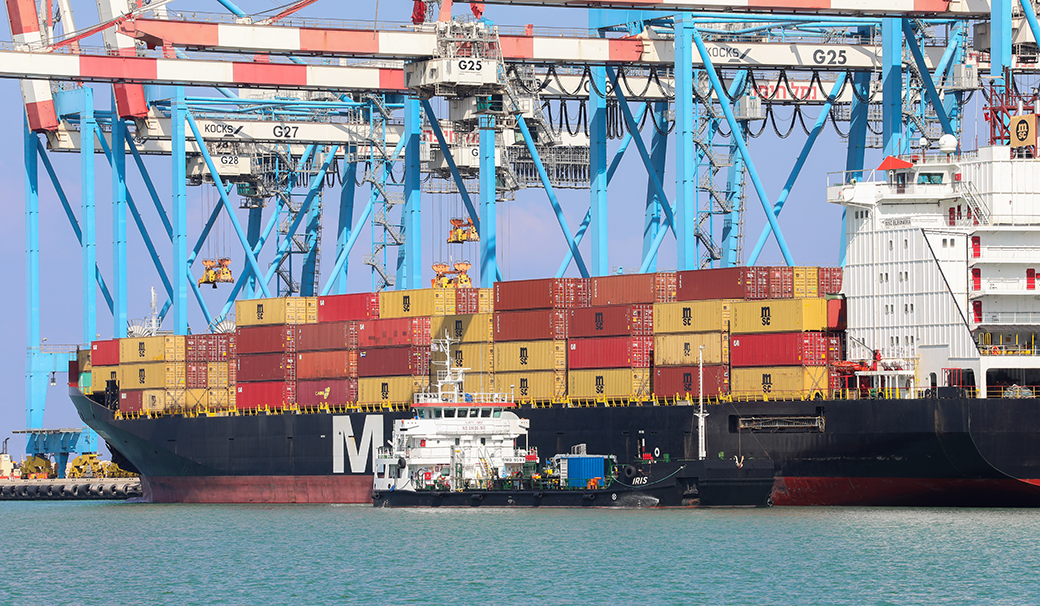
A container rollover occurs when a container does not get loaded onto its intended vessel. It can occur for a number of reasons such as late gate in, incorrect or missing documentation, vessel overbooking, and port omission.
When a rollover occurs, the container is usually loaded onto the next available vessel. This can cause significant delays, so understanding why container rollovers occur and what you can do next is critical for all shippers.
Why Do Container Rollovers Occur?
Container rollovers occur for a number of reasons. Most of the time, they occur as a result of carrier-related issues, however they can also occur as a result of shipper, consignee, trucker, customs broker, and freight forwarder-related issues.
Shipper Related Reasons
- Goods not ready
- Payment not received
- Delayed stuffing
- Delayed documentation.
Consignee Related Reasons
- Not ready to receive goods
- Payment not settled.
Trucker Related Reasons
- Failed to gate in on time
- Delays in pickup
- Limited truck/trailer availability.
Customs Broker Related Reasons
- Misdeclaration
- Customs inspection
- Cargo restrictions.
Freight Forwarder Related Reasons
- Delayed documentation
- Delayed communication.
Shipping Line Related Reasons
- Overbooking
- Port omission
- Vessel issues
- Misplanning.
Other Reasons
- Port congestion
- Extreme weather conditions.
What Happens After a Container Rollover?
When a container is rolled over, it has to either wait for the next sailing, get shipped through an alternative route, or change to another carrier.
If the shipper decides to wait for the next sailing, they often have to wait up to a week, resulting in significant shipping delays. If the shipper decides to ship through an alternative route, the cargo will likely have to be transshipped through a different port. Lastly, if the shipper decides to change to another carrier, they will have to unload the container and load it into the other carrier’s container. This usually requires regulatory permission from local customs and incurs additional fees from port and warehouse operators.
How Can You Avoid Container Rollovers?
Container rollovers can cause large delays and additional expenditure. Fortunately, there are ways shippers can prevent rollovers from occurring, such as:
- Placing advanced bookings
- Ensuring shipping documents are accurate
- Splitting shipments
- Avoiding peak seasons
- Buffering in time for delays in shipping schedules
- Finding alternative sailings
- Calling ISS!
ISS can improve shipment planning and coordination processes in your supply chain. Our years of experience and extensive network of shipping providers around the world allow us to monitor all our clients’ shipments closely, reducing the occurrence of container rollover.
Contact ISS today for more information!




